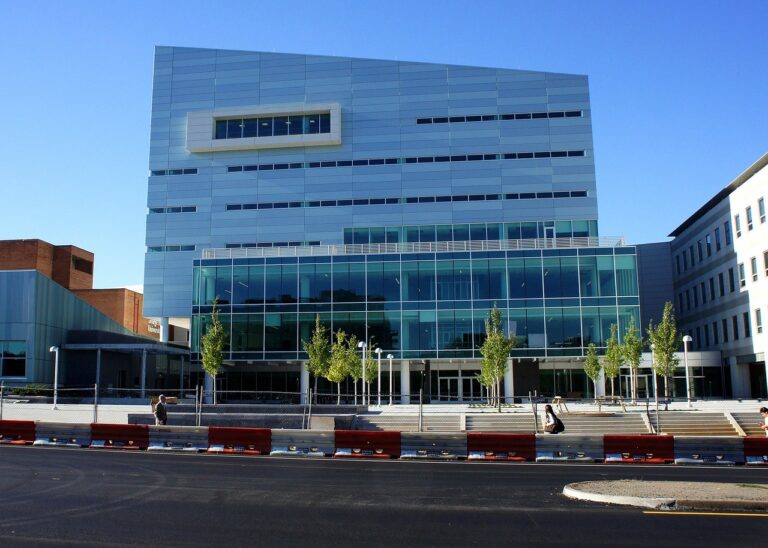Examining the Influence of Cultural Capital on Educational Success
Cultural capital refers to the accumulation of knowledge, skills, and educational advantages that a person possesses as a result of their upbringing and social environment. It encompasses a wide range of factors such as language proficiency, social etiquette, access to cultural resources, and familiarity with art and literature. Individuals from higher socioeconomic backgrounds tend to have more cultural capital due to exposure to educational and cultural opportunities from an early age.
In essence, cultural capital acts as a form of social currency that can provide individuals with an advantage in various aspects of life, including education, employment, and social interactions. It is not solely based on formal education but also includes informal learning experiences gained through family, community, and cultural institutions. This concept emphasizes the importance of social background in shaping a person’s ability to succeed in different societal spheres.
The Relationship Between Cultural Capital and Educational Attainment
Cultural capital plays a significant role in shaping educational outcomes. Individuals with higher levels of cultural capital are often more equipped to navigate and succeed within the educational system. This can manifest in various ways, such as having access to resources like books, educational materials, and extracurricular activities that can enhance learning experiences.
Moreover, cultural capital can also influence academic achievement by shaping attitudes towards education. Students from backgrounds rich in cultural capital may view education as a valuable asset and prioritize academic pursuits. This can lead to higher levels of motivation, engagement, and perseverance in the face of challenges, ultimately contributing to greater educational attainment.
• Individuals with higher levels of cultural capital have access to resources like books, educational materials, and extracurricular activities
• Cultural capital can shape attitudes towards education and prioritize academic pursuits
• Higher levels of motivation, engagement, and perseverance in the face of challenges contribute to greater educational attainment
How Cultural Capital Impacts Academic Achievement
Cultural capital plays a vital role in shaping students’ academic achievement. This form of capital encompasses the knowledge, experiences, and resources that individuals acquire through their cultural upbringing and social interactions. Students who possess a high level of cultural capital are often better equipped to navigate the academic landscape, as they may have access to additional learning opportunities, support networks, and exposure to diverse forms of knowledge.
Moreover, cultural capital can impact academic achievement by influencing students’ attitudes, behaviors, and expectations regarding education. Individuals with a strong cultural capital background may display higher levels of motivation, confidence, and perseverance in academic settings. This can translate into improved study habits, engagement with learning materials, and a proactive approach to overcoming challenges in the academic environment. Ultimately, the presence of cultural capital can contribute to enhanced academic performance and long-term success for students across various educational contexts.
What is cultural capital?
Cultural capital refers to the knowledge, skills, experiences, and resources that an individual possesses as a result of their cultural background and upbringing.
How does cultural capital relate to academic achievement?
Cultural capital can have a significant impact on academic achievement as it influences a student’s ability to navigate the educational system, access resources, and engage with the curriculum.
Can cultural capital be acquired over time?
Cultural capital is often acquired through socialization within one’s family, community, and social networks. It can also be developed through exposure to different cultural experiences and opportunities.
How can schools address cultural capital disparities among students?
Schools can work to address cultural capital disparities by providing diverse and inclusive curriculum, offering additional support and resources to students from disadvantaged backgrounds, and promoting cultural awareness and understanding among staff and students.
Are there any limitations to the concept of cultural capital?
While cultural capital can play a significant role in academic achievement, it is important to recognize that it is just one of many factors that can influence a student’s success in school. Other factors such as socioeconomic status, access to resources, and individual abilities also play a role.







